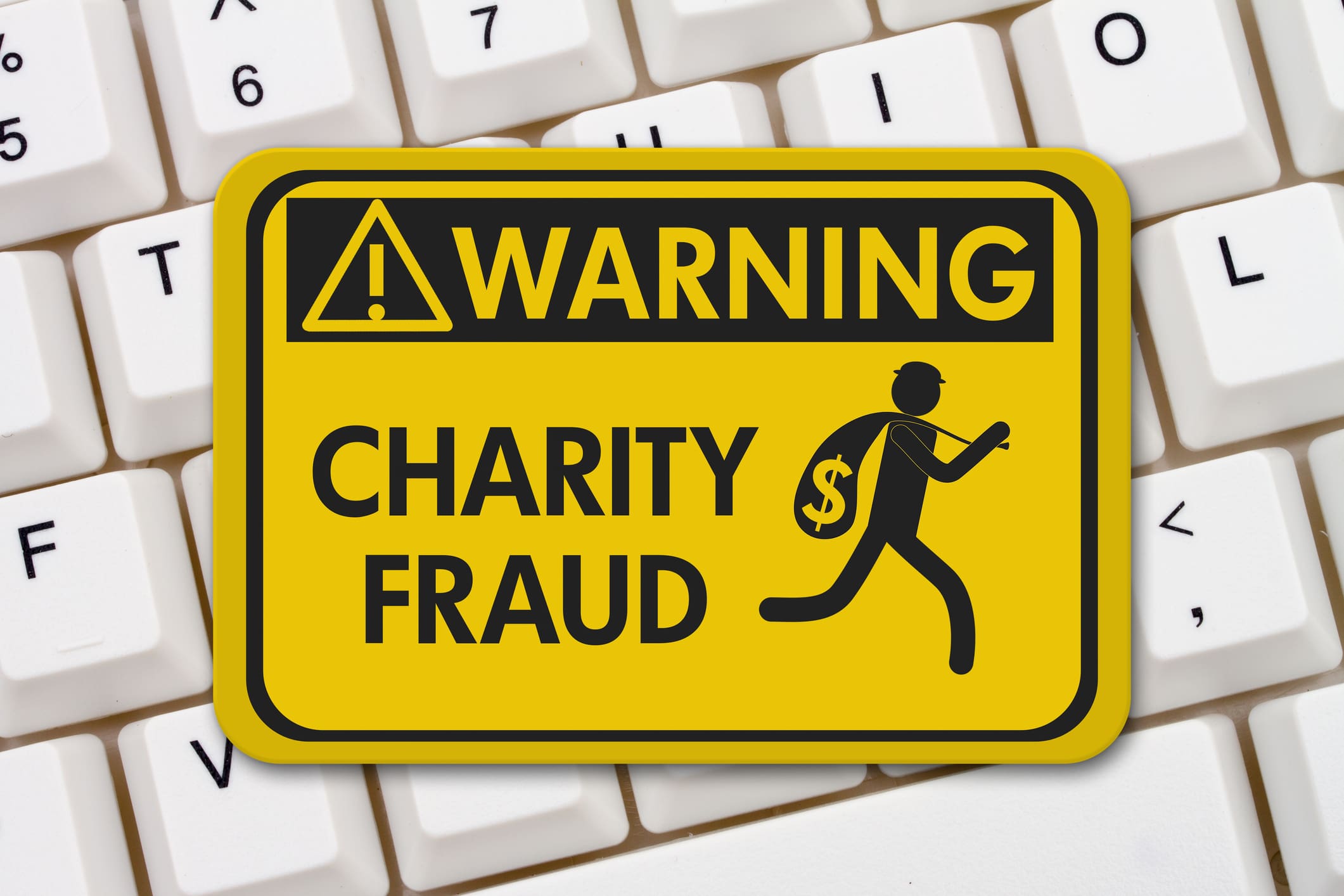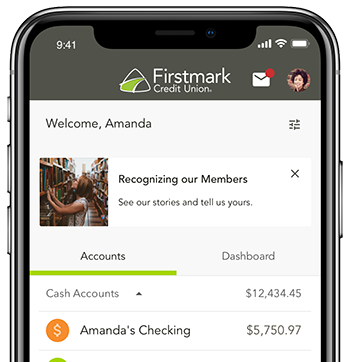
Contributing to charities and giving back to the community can be some of the most rewarding acts of kindness we experience during our lifetime – especially around the holidays.
On the flip side, scammers – or Grinches, in this case – are looking to reward themselves by stealing those donations.
If we are not careful and we do not exercise vigilance, we put ourselves at risk of being deceived and ultimately stolen from. Evolving and devising more advanced fraud traps, bandits will pull out every trick in the book to snare your charitable donations.
Do not be fooled amidst the holidays and keep a sharp eye on what does not appear to be credible. That includes being cautious of who you are communicating with, and how you are prepared to give back.
Before you donate, here are five points to be mindful of:
- Trust Only Notable Charities
Make sure you are donating to real, authentic charities. An unrecognized charity should raise red flags. If it is a charity you are unfamiliar with, and it is does not have an established history or reputation, research the organization before making a decision as to whether to donate or not. - Method of Payment
If this is a renowned charity, it will not limit your options when it comes to the method of how you submit the donation. A charity only allowing you to make a payment via gift card, cash, or wire transfer is cause for concern. Should there be a narrow list of choices, it is highly likely there’s fraud in the air. - Suspicious Email/Phone Messages
Much like No. 1, if you cannot identify the sender, or an organization in general, do not click on any link or follow instructions from a call you received. Any indistinguishable sender/organization can fall into the suspicious category. - Social Media Causes
Social media usage is high, which also spells a spike in fraudulent activity through those channels. Keen attention to detail when giving back to causes is imperative. Be sure to verify the page prior to sending over any donations. - Misleading Communication
Scammers will often use language like, “Thank you for your donation,” when you know for sure you never made one. They will also describe to you exactly how your donation was used or how it will be used very vaguely. If there’s dialogue that leaves a lot to be desired, it is likely a scam.
If you believe your Firstmark account has been compromised and are needing immediate assistance, please contact 210.442.0100, or toll-free at 800.683.1211. Our call center hours of operation are Monday – Friday from 7 a.m. – 7 p.m., and on Saturday from 9 a.m. – 4 p.m.



